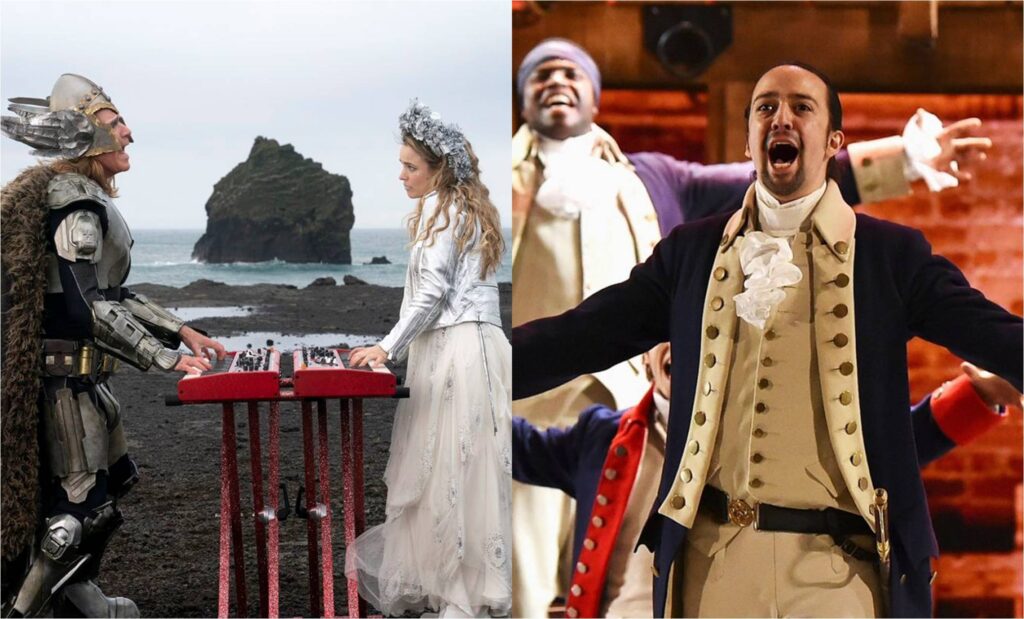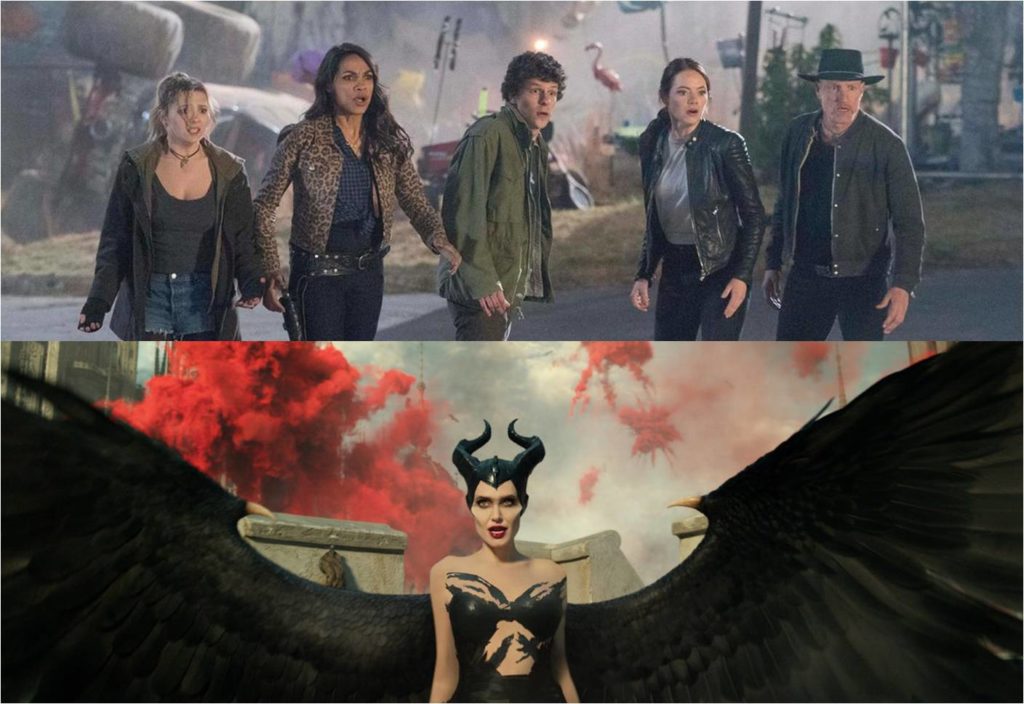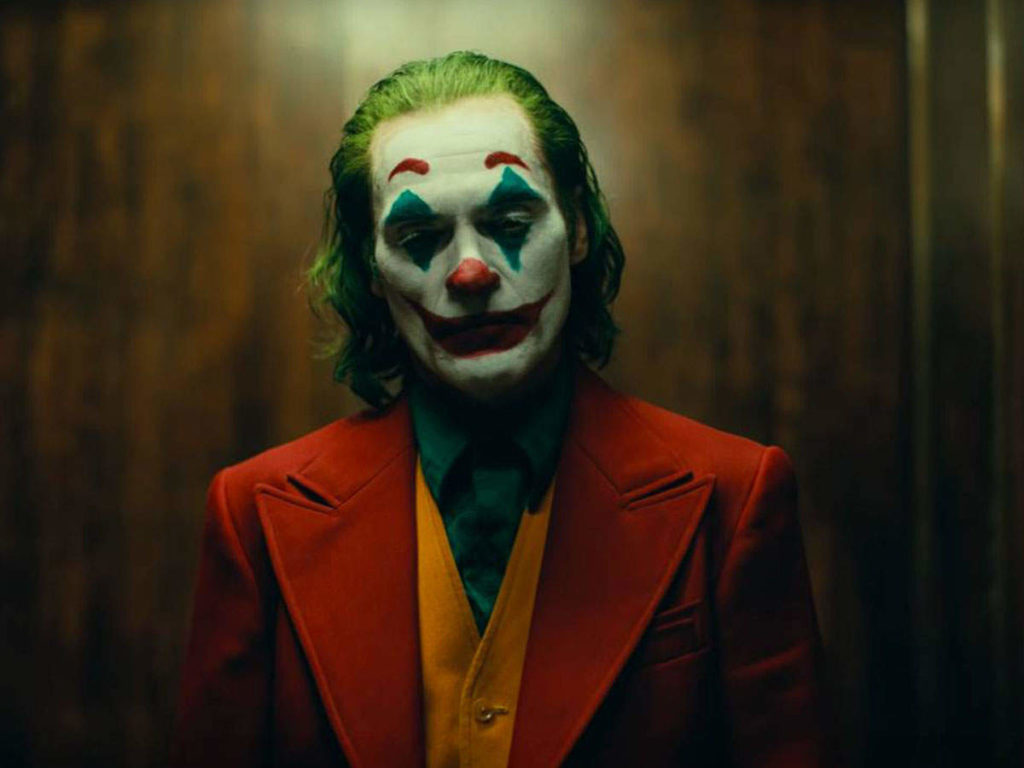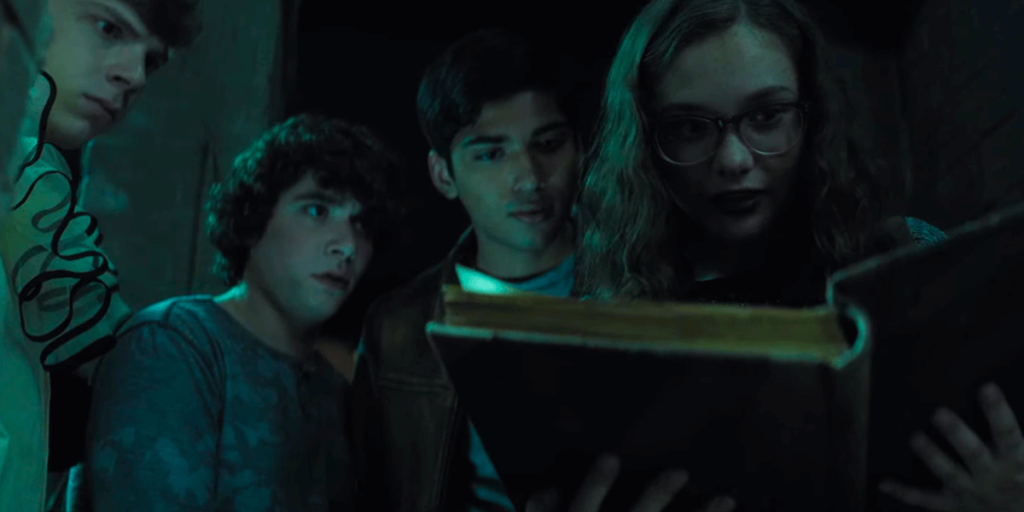Unpregnant, The Glorias, and Women Directing Women
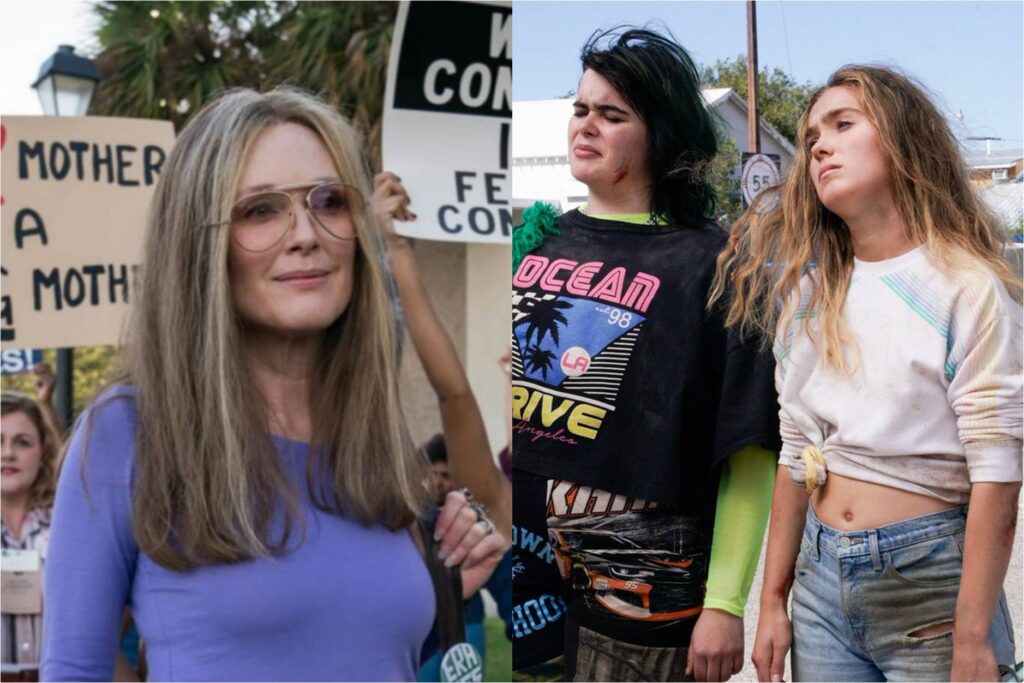
The COVID-19 pandemic has ruined lives, crippled economies, and paralyzed entire nations, but what has it meant for the movies? The received wisdom is that 2020 has been a lost year for cinema, and there’s a degree of truth to that; I’ve lost count of how many major studio releases have been delayed until 2021 or beyond, and many other films—which ordinarily would have had the opportunity to chase eyeballs on the big screen—were unceremoniously interred in the graveyard that is VOD. But while it’s understandable to lament the movies that this year has taken from us, it’s also important to acknowledge those that it’s given us. The dearth of blockbusters created a cinematic vacuum that was promptly and happily filled by scrappier, less conventional titles: quirky comedies, chilling horror flicks, tender romances, robust actioners. And many of these movies came from a demographic that Hollywood has long neglected: They were directed by women.
Perhaps this has nothing to do with COVID-19; maybe 2020 was already shaping up to be the Year of the Woman even before the coronavirus reached American shores. Regardless of causality, it’s oddly invigorating to survey the year’s best films and to see how many were helmed by women, and with such variety. Consider: the quiet agony of The Assistant and the boisterous fun of Birds of Prey. The contemporary sadness of Cuties and the classical enchantment of Emma. The male friendship of First Cow and the female solidarity of Never Rarely Sometimes Always. (I dissented on both The Old Guard and Shirley, but other critics would surely point to them as well.) Women have always been making good movies, but their collective voice seems to be growing louder now, telling stories of ever-greater urgency and vitality. Read More

